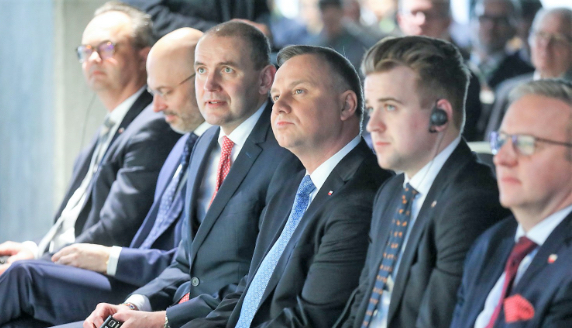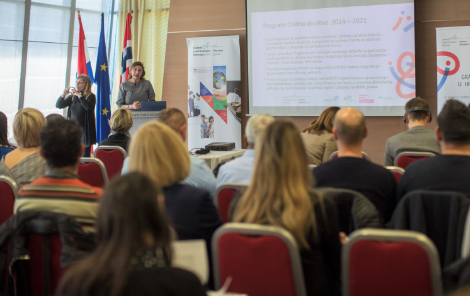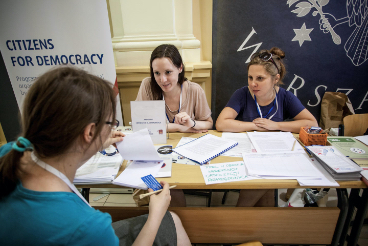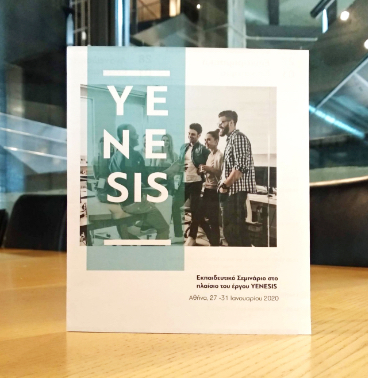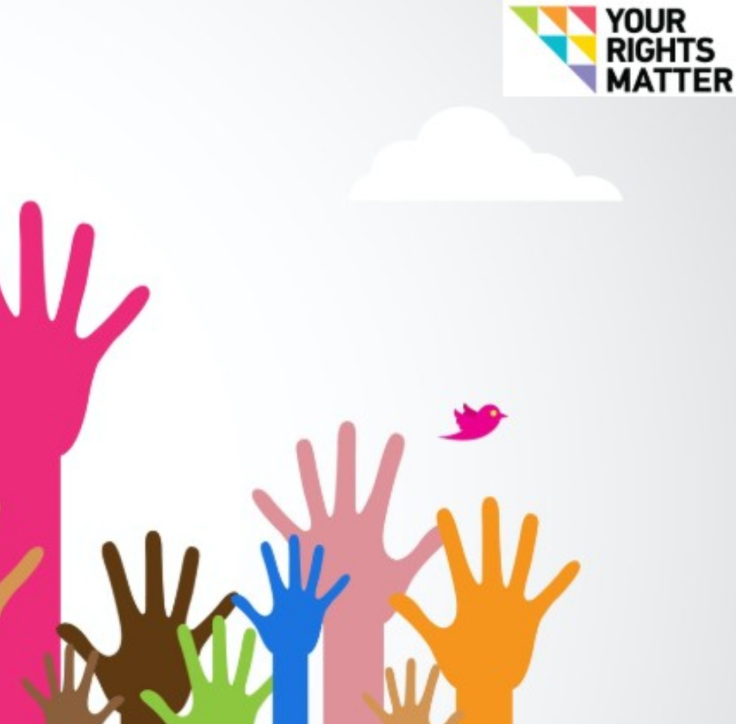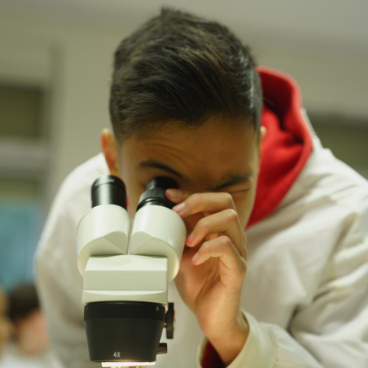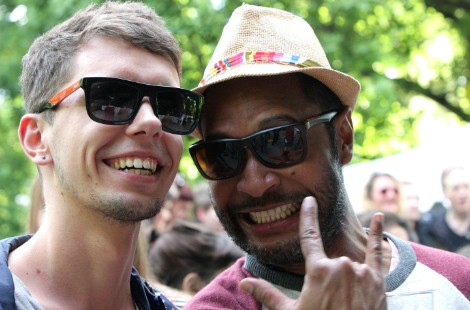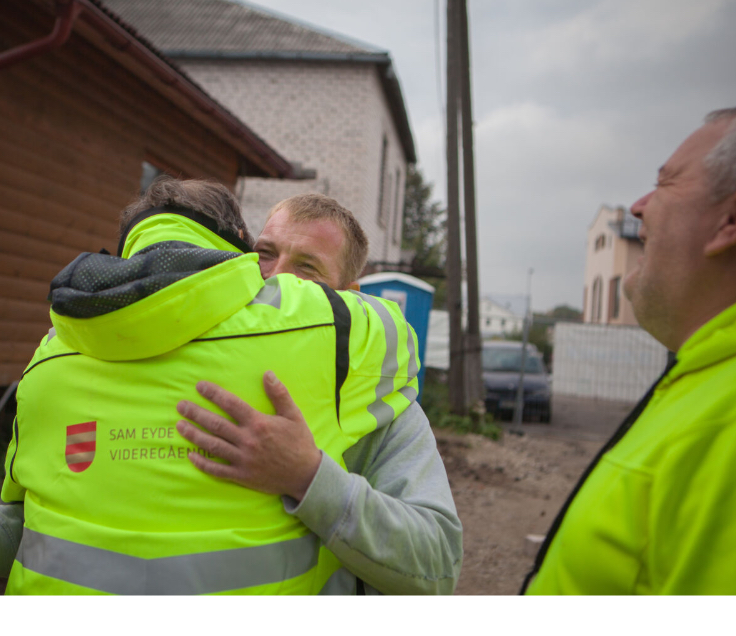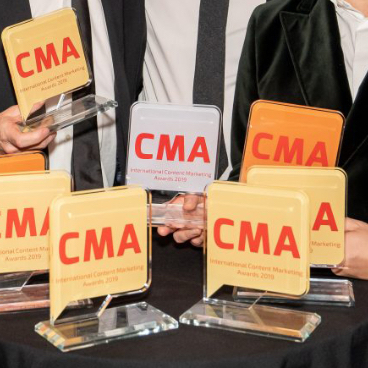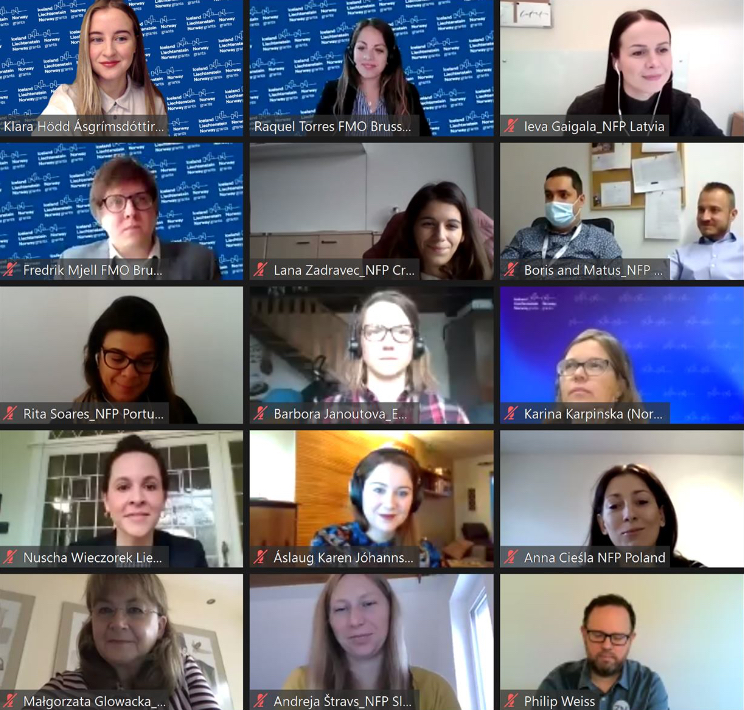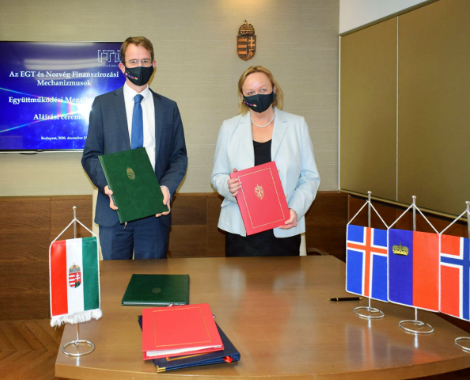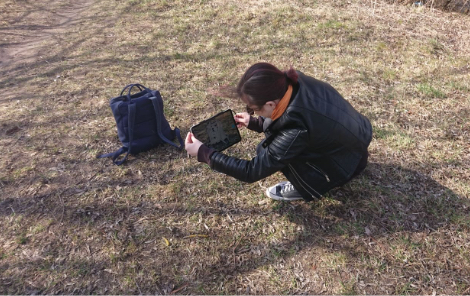Foreword
The COVID-19 pandemic is an unprecedented health and economic challenge that has put us all to the test. Times like these remind us that the best way to build resilience and strengthen our ability to tackle common challenges is to work together and create strong partnerships.
This further highlights the importance of our continued efforts to improve lives in the European Economic Area (EEA). Iceland, Liechtenstein and Norway have made €2.8 billion available through the EEA and Norway Grants scheme to reduce economic and social inequality and strengthen ties with other European nations.
The Status Report 2020 provides an overview of what has been achieved through the EEA and Norway Grants. It presents facts and figures relating to disbursement rates in each country and for each programme, as well as snapshots of funded projects. As of 31 December 2020, cooperation agreements (MoUs) have been signed with all 15 Beneficiary States and more than 1 600 projects are being implemented. Thousands more will follow over the next few years.
We are proud of what has been achieved so far. However, we also recognise that more is needed to tackle pressing issues such as climate change, social inclusion and youth employment and to strengthen economic growth, the rule of law and support for civil society. The separation of powers and an independent judiciary are core European values.
The EEA and Norway Grants help the Beneficiary States in their efforts to achieve the UN Sustainable Development Goals. The €400 million provided to fund projects relating to the environment, climate change and sustainable energy also promotes the implementation of the European Green Deal.
Bilateral cooperation is at the core of our efforts. Roughly half of the projects funded so far have a partner in the Donor States. These partnerships bring our countries closer together and are highly valued. The results have shown that our countries achieve more together than we can on our own.
The long-term effects on Europe of the COVID-19 pandemic remain to be seen. The restrictions imposed have created obstacles for our work. The hope is that with a successful pandemic response, we can begin to rebuild lives and livelihoods. We are half-way through the current seven-year funding period of the EEA and Norway Grants. We therefore anticipate that the pace of implementation will accelerate over the next three years, and we will see even more impressive results.
We hope you will be inspired by the achievements presented in the Status Report 2020.
Join us in partnering for a green, competitive and inclusive Europe!
![Signature]() Ms Ine Eriksen Søreide
Minister of Foreign Affairs Norway
Ms Ine Eriksen Søreide
Minister of Foreign Affairs Norway
![Signature]() Mr Guðlaugur Þór Þórðarson
Minister of Foreign Affairs Iceland
Mr Guðlaugur Þór Þórðarson
Minister of Foreign Affairs Iceland
![Signature]() Dominique Hasler
Minister of Foreign Affairs Liechtenstein
Dominique Hasler
Minister of Foreign Affairs Liechtenstein
 Ine Eriksen Søreide
Minister of Foreign Affairs Norway
Ine Eriksen Søreide
Minister of Foreign Affairs Norway
 Guðlaugur Þór Þórðarson
Minister of Foreign Affairs Iceland
Guðlaugur Þór Þórðarson
Minister of Foreign Affairs Iceland
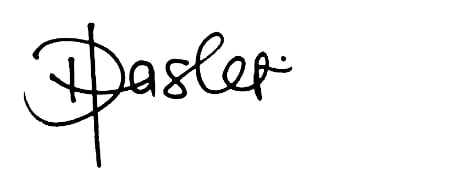 Dominique Hasler
Minister of Foreign Affairs Liechtenstein
Dominique Hasler
Minister of Foreign Affairs Liechtenstein


